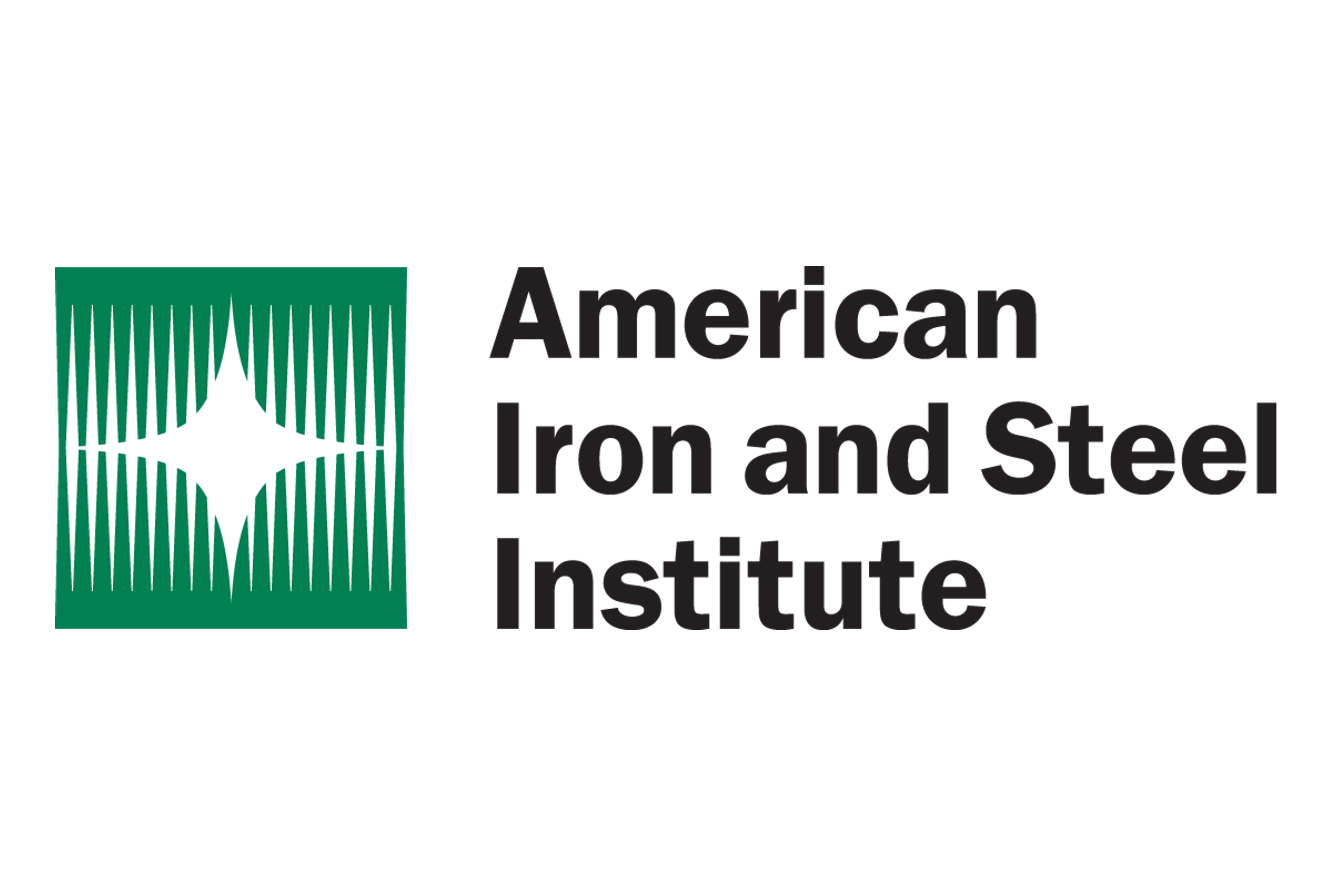Analysis

January 5, 2020
USMCA: Boon or Bust for Auto Industry?
Written by Sandy Williams
The Congressional Budget Office expects the U.S.-Mexico-Canada Agreement to result in higher than expected tariff revenue for the United States on motor vehicles and parts due to stricter rules of origin and labor value content requirements. Included in the revenue calculation is an estimated $3 billion in tariffs to be paid by automakers over the next decade.
The USMCA will require 75 percent regional content, up from 62.5 percent in NAFTA to receive tariff-free access between Canada, Mexico and the U.S. Seventy percent of steel and aluminum purchased for production must be produced in North America. In addition, a labor value requirement, aimed at bringing low Mexican wages more in line with those of its northern neighbors, stipulates that 40 to 45 percent of vehicle content must be made by workers earning more than $16 per hour.
According to the report: “CBO projects that certain imports of motor vehicles and parts that currently benefit from favorable treatment under the North American Free Trade Agreement would not be eligible for favorable treatment under the new agreement. Because of that change in eligibility, CBO projects that duty-free imports of vehicles and parts into the United States from the USMCA partner countries would decline. A portion of that decline in duty-free imports would be replaced by domestic production, while some of that decline would be replaced by imports subject to less favorable treatment.
“As a result of those changes, total customs revenue would rise. In addition, lower trade barriers would increase duty-free imports from Canada, leading to a small reduction in tariff revenues collected on agricultural imports subject to tariffs.”
An analysis by the Peterson Institute for International Economics suggests that the tighter restrictions under USMCA will undermine the U.S. goal of producing more vehicles in North America. “The outcome will be just the opposite,” said Mary Lovely and Jeffrey Schott, senior fellows at the Peterson Institute. “The new content requirements will raise production costs, resulting in higher auto prices, reduced U.S. demand, lower auto exports and more rapid substitution of machines for workers.”
An op-ed by the Wall Street Journal editorial board points out the flaws in the new agreement.
“The good news is that the new U.S.-Mexico-Canada trade deal puts to rest Mr. Trump’s threats to abandon the 1994 agreement and blow up continental trade,” said the WSJ editors. “The new deal preserves most of the tariff-free trade in the original NAFTA. That’s no small matter when through October this year U.S. trade with Mexico and Canada exceeded $1 trillion.”
WSJ continued, “The shame is that in many respects the new deal is worse than NAFTA, especially its bows to politically managed trade. The new deal tries to steer auto investment with new rules of origin….This raises the cost of manufacturing, making North American products less competitive worldwide.”
Stakeholders in the steel industry disagreed, pointing to benefits for the industry. The United Steelworkers praised the new agreement, especially the inclusion of labor requirements that the USW says will protect workers.
The American Iron and Steel Institute lauded the inclusion of stronger rules of origin. “The USMCA will benefit steel producers in the United States by improving on the terms of NAFTA in several key respects,” said AISI President and CEO Thomas Gibson. “By incentivizing the use of North American steel in the production of automobiles, auto parts, welded pipe and tube, and a number of other goods made primarily from steel through strengthened rules of origin and enhanced regional value content requirements, this agreement helps keep the steel industry manufacturing supply chain in North America strong.”
The United Autoworkers were skeptical about rules of origin keeping production in the U.S. and the enforceability of labor rules. “It is not a ‘fix’ for the many problems created by NAFTA and other misguided tax and labor policies that have flourished for decades in our nation’s capital and statehouses throughout the country. Hundreds of thousands of U.S. jobs that have gone to Mexico since NAFTA came into being 25 years ago will not return because of USMCA,” said the UAW in a statement. “Some supporters of USMCA highlight the higher auto rule of origin standards as good for U.S workers, but do not note that the higher standards could mostly be satisfied by shifting production from Eastern Europe and Asia to Mexico, not to the United States.”
The statement is supported by the PIIE analysis. Vehicles produced in North America that do not meet the 70 percent rule of origin are subject to a 2.5 percent tariff when sold within the region. If the cost of producing a car with North American parts causes the vehicle price to escalate higher than its competitors, it may be cheaper to source some of the parts from foreign sources, pay the tariff, and maintain a competitive sales price, reasons PIIE.
The UAW continued, “They are also fond of saying it requires auto workers to have a minimum salary of $16 an hour. In fact, it is an average and not a floor, and companies’ intent on keeping business as usual will go through great lengths to keep wages down and jobs in Mexico. It is not comforting that so many companies that have moved production to Mexico and plan major investments have embraced the auto rule of origin standard. We are concerned companies will try to comply by shifting some production from the U.S. and Canada, not by raising wages in Mexico.”







